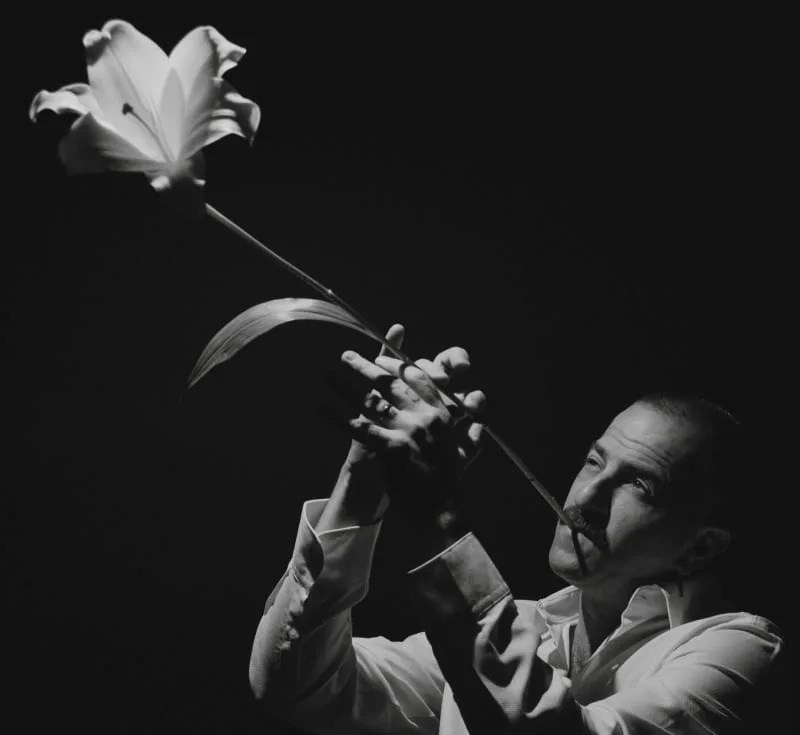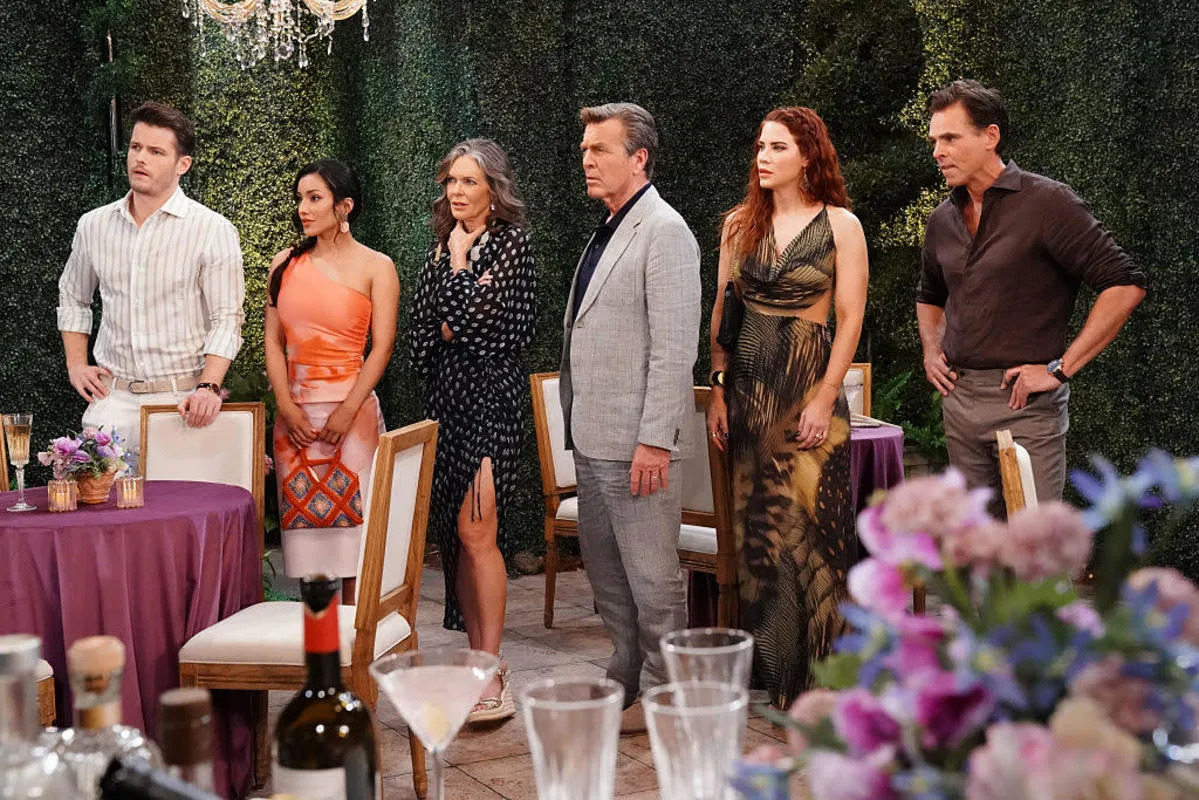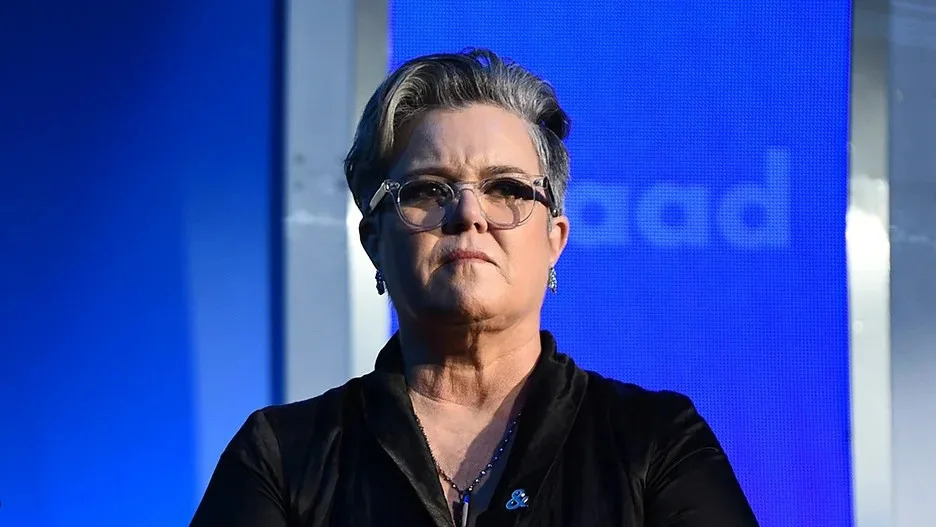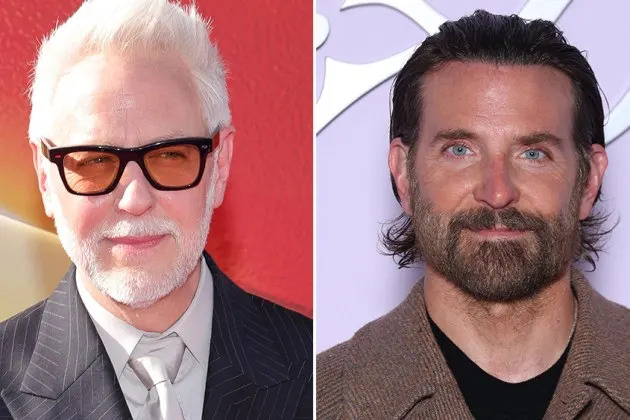Jazz trumpeter Avishai Cohen to unload post-October 7 angst at Israel Festival

Avishai Cohen's latest record, 'Ashes to Gold,' packs an emotional punch and will be performed on July 16 in Jerusalem as part of this year’s Israel Festival.
Avishai Cohen has been at the top of his game for some time now. The internationally celebratedIsraeli jazz trumpeter crisscrosses the globe on a regular basis, playing at major venues and leading events to highly appreciative crowds.
I caught up with him by phone in the Netherlands, where he was due to appear with his quartet at the North Sea Jazz Festival a day after playing at the Love Supreme Festival in East Sussex, a couple of hours’ drive south of London.
AdvertisementAdvertisement#«R24e4kr8lb2m7nfddbH1» iframe AdvertisementAdvertisement#«R44e4kr8lb2m7nfddbH1» iframeBoth gigs were based on Ashes to Gold, Cohen’s latest release for prestigious German record label ECM, which came out at the end of last year. Over the past couple of decades, the 47-year-old horn player has gained a reputation for the broad range of textures, colors, and emotions he produces on his instrument.
Still, it would be fair to suggest that Ashes to Gold packs his most powerful punch to date. That, in all likelihood, is the overriding sentiment he will convey with his band when they play on July 16 at a specially prepared outdoor spot next to the Jerusalem Theatre as part of this year’s Israel Festival.
This isn’t any old jazz gig. Cohen, along with longtime sparring partners pianist Yonatan Avishai, bassist Barak Mori, and effervescent drummer Ziv Ravitz, will share the stage with the Jerusalem Symphony Orchestra in what promises to be a multilayered, nuanced, and sumptuously crafted effort. It should also be an emotive affair, as Cohen wrote the majority of the charts shortly after October 7, 2023.
Creating music after October 7
As the pain and shock of that barbaric attack on our southern communities near Gaza continued to crash over all of us, one might have expected the music to pour out of Cohen as some sort of catharsis. Music might have acted as a kind of release valve that would help him offload some of the agony all Israelis felt as the degree of ferocity and raw bestiality of the Hamas onslaught emerged, and we tried to, at the very least, emotionally regroup.
AdvertisementAdvertisement#«R2ae4kr8lb2m7nfddbH1» iframe AdvertisementAdvertisement#«R4ae4kr8lb2m7nfddbH1» iframeIn fact, Cohen says that wasn’t the case. “I had to force it out of me. We had recordings and a tour set up for November [2023]. There was nothing in me. Complete silence. I was in shock, like everyone.”
His old pal, ivory-tickler Avishai, helped set the ball back in motion. “I told Yonatan I was canceling the recordings and tour, but he said we have to play music. Looking back, I see that as a kind of plea to help extricate us from that terrible state of mind.”
The recording deadline had already been set, and Cohen had to get his act together pronto. The floodgates promptly opened. “I wrote all the music in about a week,” he recalls. “I really flew with the music.”
Listening to the record, most of which follows a classical music suite structure, I got the impression that Cohen just let it all hang out; whatever he was feeling just spilled out of his soul and into his horn. There are trumpet notes in there that sound like screams of agony, and others that are reminiscent of sirens. There is distilled and comforting harmonic beauty in there, too. “It wasn’t something premeditated or intellectual,” he says.
AdvertisementAdvertisement#«R2fe4kr8lb2m7nfddbH1» iframe AdvertisementAdvertisement#«R4fe4kr8lb2m7nfddbH1» iframeI suggested it may very well be his most personal recording to date in his 13-strong discography as leader. Cohen wasn’t necessarily going along with that supposition.
“Naturally, the listener can come to their own conclusions,” he remarks diplomatically. “But, for me, [2021 ECM release recorded with the current quartet] Naked Truth was very personal, and also [2016 ECM recording] Into The Silence, which I wrote after my father passed away, was very personal.”
There is, of course, no arguing with the creator’s own slant on the intent behind his works. Duly accepted, although I got a surprise with the trumpeter’s next observation.
“I’m not sure this is my most personal record, but I think it’s my best!” he exclaims. “It is my most precise in terms of execution, as well as emotionally, and in the way I conveyed what I was feeling.”
An intense musical experience
That comes across in no uncertain terms. The first five of the seven cuts on Ashes to Gold follow the aforementioned suite sequence, with all the members of the band producing stirring, occasionally alarming, sonic expletives that hit home mercilessly. The listener is left in no doubt with regard to the intensity and weight of emotional baggage – and scar tissue – that found their way into the score.
AdvertisementAdvertisement#«R2ne4kr8lb2m7nfddbH1» iframe AdvertisementAdvertisement#«R4ne4kr8lb2m7nfddbH1» iframeAnd there are moments of light and lyrical resolution that leave you with a sense of optimism and hope for a better future hovering just beyond the horizon.
Cohen says that was not a thought-through strategy designed to send his listeners/audience off with a reassuring upbeat buzz. He also feels there is a sort of fake-it-till-you-make-it underscore to the venture.
“I don’t know if there is a promise of something good in the music, but there is hope, an endeavor to strive for something better. It was only in retrospect that I noticed that there is optimism in the music. But if you asked me back then, and maybe even today, if, intellectually, I am optimistic, I am not sure I would say I am. But, if you hear that in music, and I discover I have that in me, that’s encouraging.”
The idea of going the full ensemble hog was not part of the original plan either. It began percolating with a charity performance shortly after October 7.
AdvertisementAdvertisement#«R2se4kr8lb2m7nfddbH1» iframe AdvertisementAdvertisement#«R4se4kr8lb2m7nfddbH1» iframe“I didn’t think of that at all. But we did a concert, a fundraiser for [Kibbutz] Nir Oz.” The latter was one of the communities devastated by the Hamas attack. “We played the concert at Heichal Hatarbut [in Tel Aviv]. We shared the bill with the [Israel] Philharmonic [Orchestra], so we added a quartet from the IPO to our concert.”
An idea was born. “We added the string quartet, and suddenly, I thought there was potential there. I worked with [renowned] composer and arranger Eugene Levitas. I’ve collaborated with him a lot, at the opera and other places. I really love his work.
“We added the string quartet, and then I started thinking about doing something with a full orchestra.” There’s nothing like putting an idea out there and watching it take corporeal form. “And then I got the invitation from the Israel Festival.”
Cohen is undoubtedly one of our most successful jazz musicians, both here and abroad. There doesn’t seem to be much left for him to achieve in terms of venues and the outfits he works with. His bio to date includes serving as perennial artistic director of the Jerusalem Jazz Festival, performing with the Israel Camerata, as well as being a leading light of the ECM record label stable.
AdvertisementAdvertisement#«R31e4kr8lb2m7nfddbH1» iframe AdvertisementAdvertisement#«R51e4kr8lb2m7nfddbH1» iframeHis gig agenda features spots with trios, quartets, and larger ensembles, so I wondered about the preliminaries to the forthcoming Israel Festival headliner. How does the number of personnel on stage with him impact his approach to the music and the execution thereof? Not at all, it appears, in this instance.
“The base material of the composition is the same. My quartet will be with me. Yes, with an orchestra. But you always play the room,” he notes, citing a tried and tested tenet of musical performance.
The “room” in this case is a large, open-air space, with a full orchestra in tow, playing highly evocative material written by Cohen, but with a contribution by French 20th-century impressionist composer Maurice Ravel, and a delightful work by Cohen’s then-sixteen-year-old daughter, Amalia, called “The Seventh.”
The latter closes out the album and the concert and should leave the audience members with something of a spring in their step after going through the rich gamut of emotions of the suite set, all the way from ashes to gold.
The Israel Festival patrons may or may not go home with food for thought, but they will, no doubt, have their heartstrings robustly tugged.
For tickets and more information: israel-festival.org/









![[Fully_Updated]! Examskit Fortinet NSE4_FGT-7.2 Exams Questions For Very Good Success in Your Exam](http://weiss-technologies.com/zb_users/upload/2025/07/20250715231952175259279217223.jpg)




